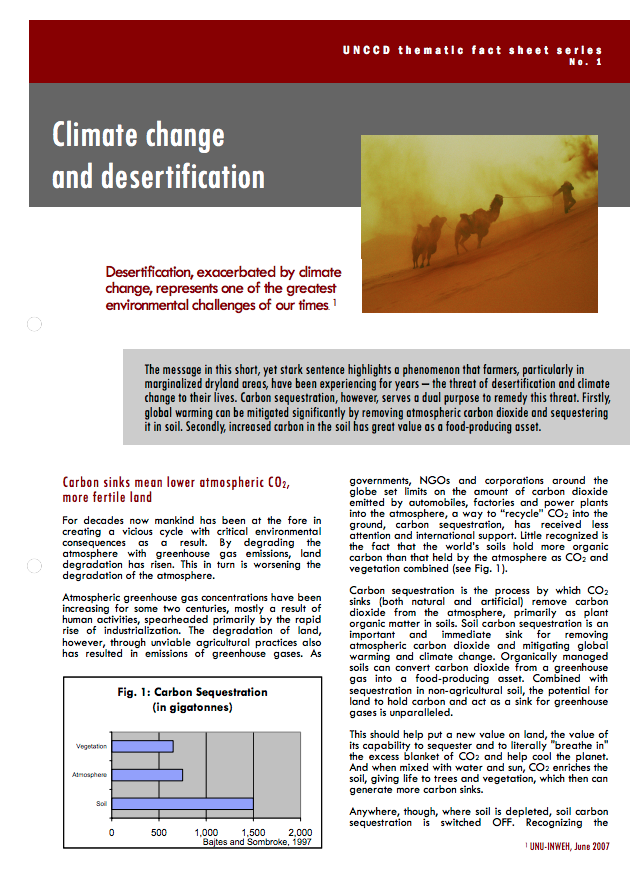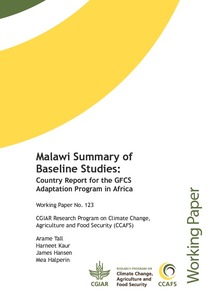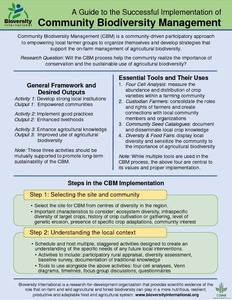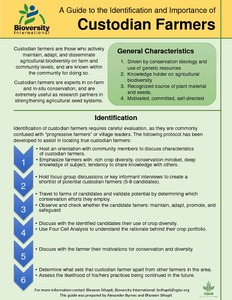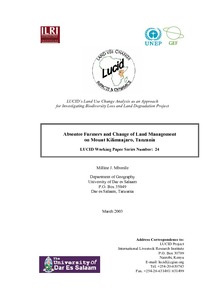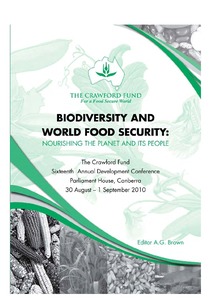Climate change and desertification
The message in this short, yet stark sentence highlights a phenomenon that farmers, particularly in marginalized dryland areas, have been experiencing for years – the threat of desertification and climate change to their lives. Carbon sequestration, however, serves a dual purpose to remedy this threat. Firstly, global warming can be mitigated significantly by removing atmospheric carbon dioxide and sequestering it in soil. Secondly, increased carbon in the soil has great value as a food-producing asset.

